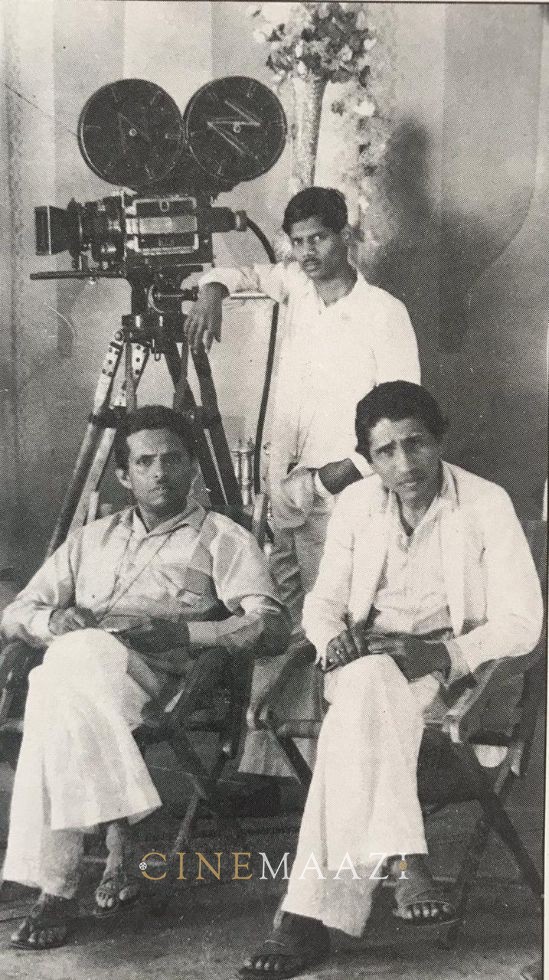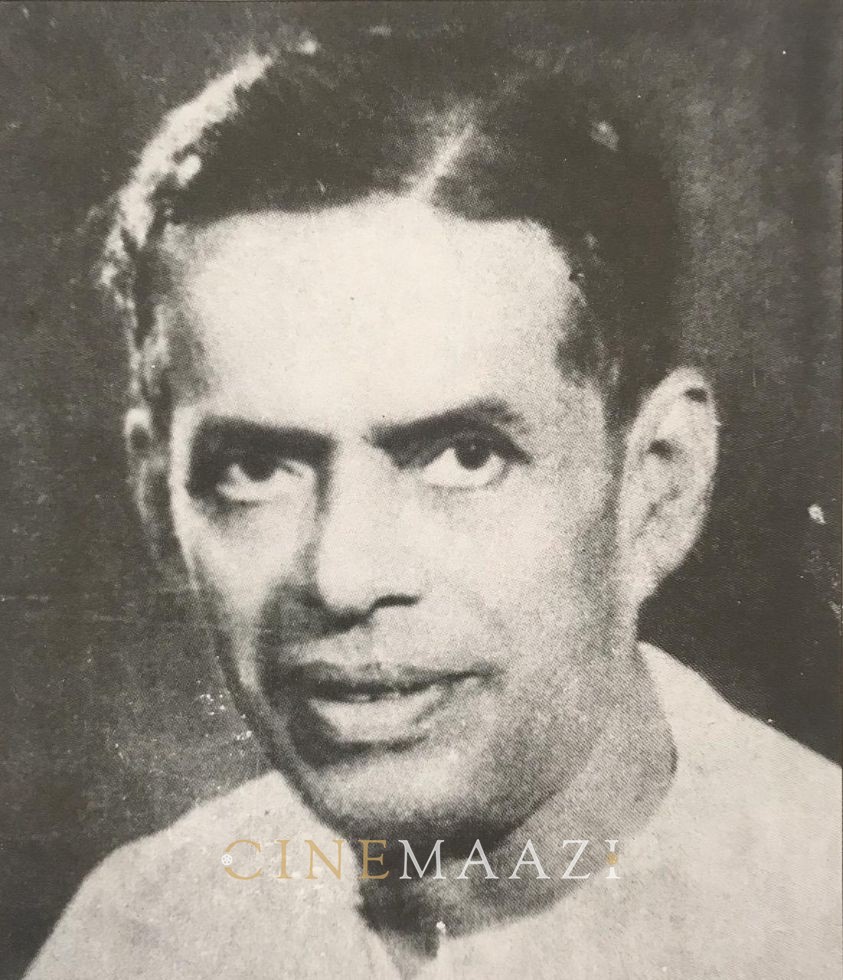Ramachandra Gopal Torney - A Pioneer of Indian Cinema
Subscribe to read full article
This section is for paid subscribers only. Our subscription is only $37/- for one full year.
You get unlimited access to all paid section and features on the website with this subscription.
Not ready for a full subscription?
You can access this article for $2, and have it saved to your account for one year.
At this point, it would be interesting to catch up with another pioneer, a talented practitioner of the new art form, who showed a marked indifference to posterity preferring to be in the midst of the action rather than planning his career with care. Ramachandra Gopal Torney was born on April 13, 1880, at Sukulwadi in the Sindudurg district of western India. He completed his high school at Malvan and came to Bombay to join the Greaves Cotton Electrical Company in Bombay. As we have seen earlier Torney was instrumental in making the first story-film Pundalik in 1912, a full year before Dadasaheb Phalke made his path-breaking Raja Harishchandra but could not make a further breakthrough because he was almost immediately transferred to the company’s office at Karachi.
In the meantime, he scouted around for production opportunities. Impressed by the work being done by Baburao Painter he accepted a proposal to join the Maharashtra Film Company where he moved about freely from department to department, imbibing whatever he could. However, in spite of the friendships he stuck up, he felt uncomfortable in the restricted atmosphere of a studio. Hence, by 1922, he had left the Maharashtra Film Company and was on his own again. This time he started importing film equipment under the new name of Movie Camera Company.

These were filmmakers who were more or less self-taught and had made it in the industry exclusively on their own merit but there were also those who had trained with one or two of the prominent film companies before setting up on their own.
This is a reproduction of the original published in Marathi Cinema in Retrospect published by Maharashtra Film, Stage and Cultural Development Corporation Ltd. in 1995
Tags
About the Author
Sanjit Narwkar took his Bachelor's degree in Statistics and his Master's degree in Economics from the University of Bombay. After a year of banking research, he took up a full-time career in film journalism. He has been Assistant Editor, Film World, Chied Sub Editor, Star & Style, and News Editor, Screen. He is presently Bureau Correspondent (India) for the Tokyo-based trade magazine Movie/TV Marketing. Among the books he has written/edited include: Genres of Idnian Cinema, Indian Documentary In The Eighties, Films Division And The Indian Documentary. He has also complied and edited the single-volume reference book Directory of Indian Filmmakers & Films, published by Flicks Books, UK. He has also scripted four Marathi feature films, several television serials and innumerable documentaries. He has worked on several Selection Committees for international film festivals. He has also conducted interviews for the Ora Archives Programme of All India Radio.







.jpg)


